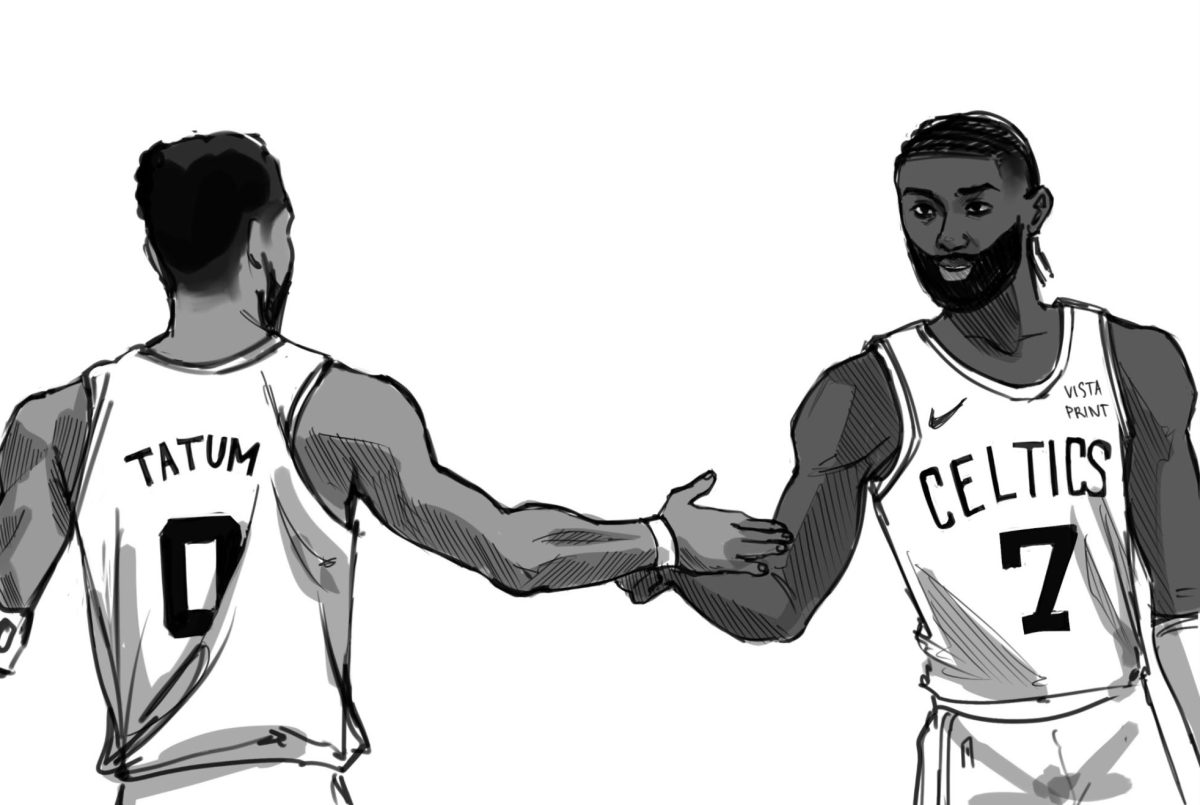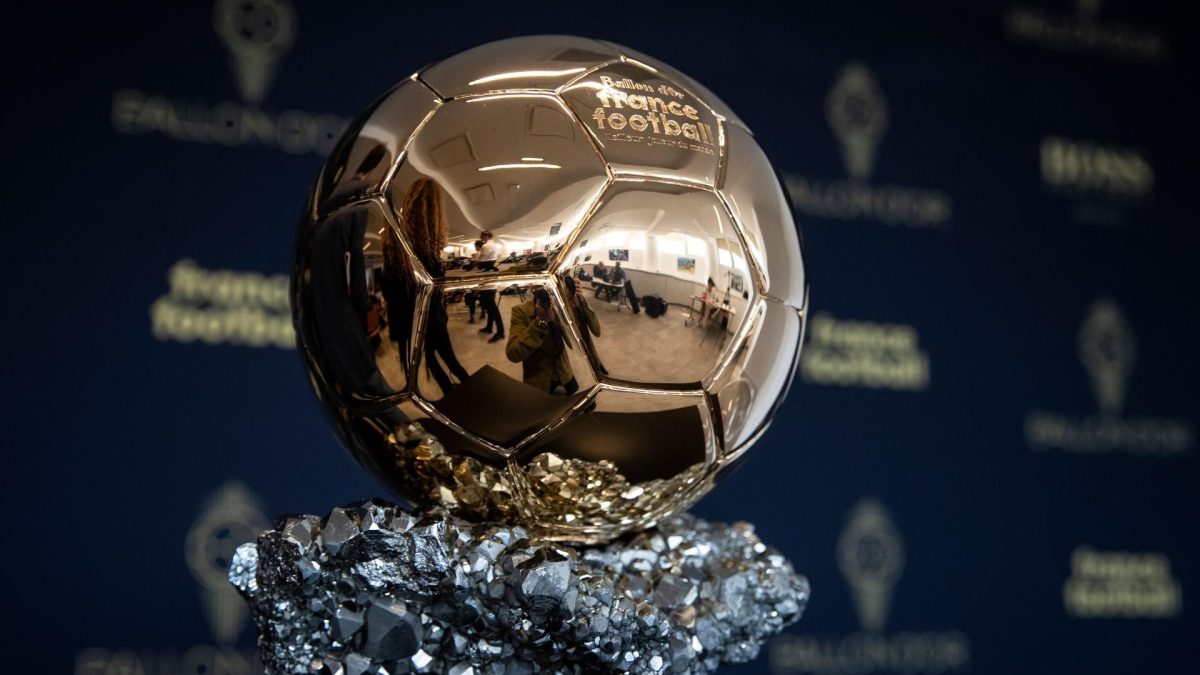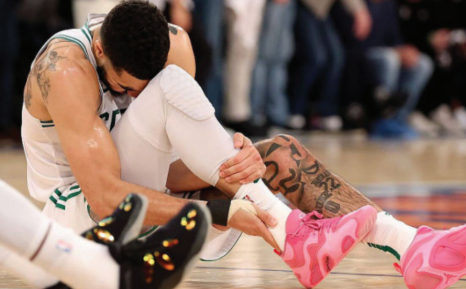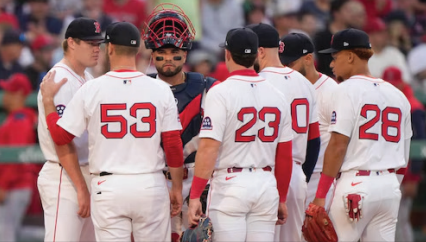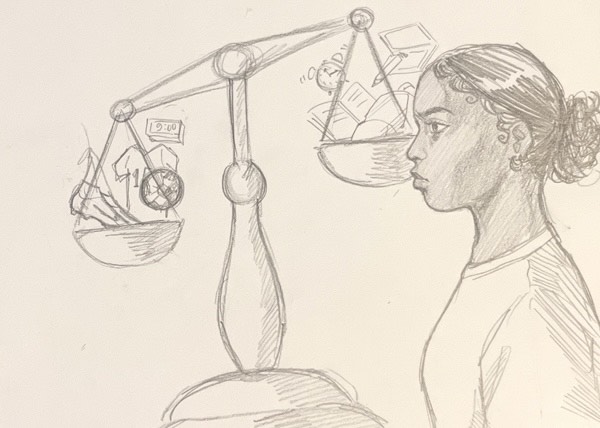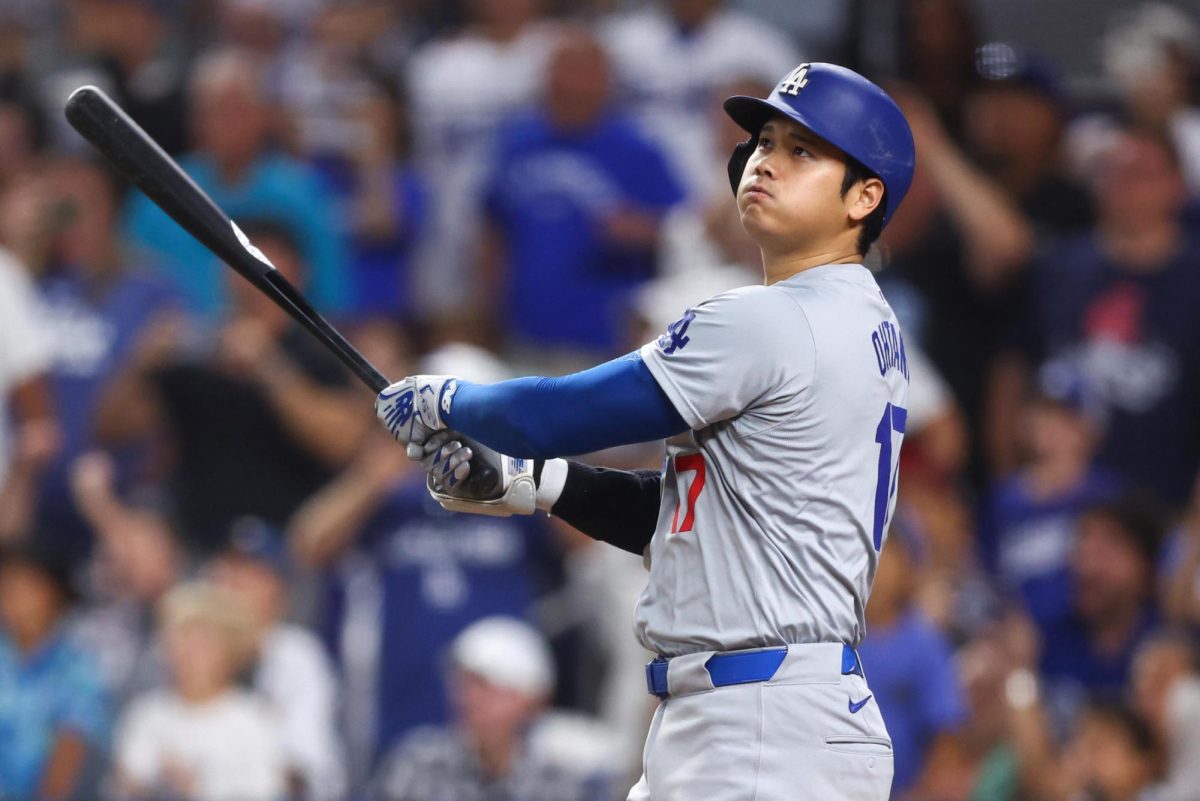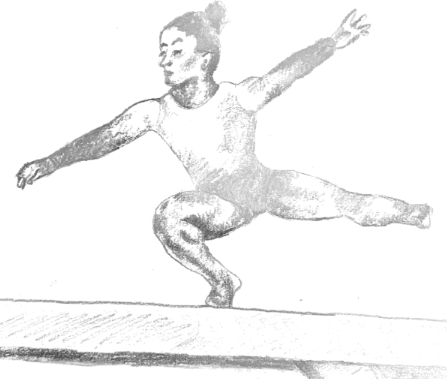
Throughout the last decade, FIFA, soccer’s global governing body, has made it clear to the world that everything has a price, including the most prestigious tournament in the world. The last two World Cups have been hosted by nations with global issues that required solving. In 2018, that was Russia, which was at war with Ukraine, and Qatar, which has a spotty human rights history. These World Cup tournaments have demonstrated the power of sports in a country’s political image and what these countries are willing to do for the spotlight.
The bidding process for the Qatari World Cup was filled with scandals that brought scathing reviews from the watching world; FIFA’s then-vice president Jack Warner was suspended after allegations that Qatar bought hosting rights. Whistleblower Phaedra al-Majid, a part of Qatar’s World Cup bid, revealed that $1.5 million went towards the presidents of three African soccer confederations to vote in favor of Qatar’s bid (she later redacted those claims, but said she did so out of fear of persecution). It is becoming abundantly clear that FIFA nowadays holds morality in low regard when selecting nations to host soccer’s biggest spectacle; it only requires the highest bidder.
The Saudi state has proven that it has no problem with forking out lots of money to develop its global image—and this problem is not just in soccer. The Saudis have sportwashed, or used sports as a way to clean up their global image, since the 1970s, but have stepped up their efforts in the last decade. Since 2013 alone, star athletes such as boxers Andy Ruiz and Anthony Joshua, tennis player Daniil Medvedev, and Cristiano Ronaldo have played in Saudi Arabia, along with various other superstars. Sports teams across the globe are now owned by Saudi Arabian Private Investment Fund (PIF), which has been closely linked to the Saudi state. Leagues, such as World Wrestling Entertainment (WWE) and more recently, the merging of the Professional Golfers Association (PGA) Tour and the Saudi-backed LIV Golf tournaments, shone a bright light onto Saudi Arabia’s growing influence in the sports world. It was only a matter of time before the Saudi government decided to try to bring the soccer world to their own backyard.
Hosting the World Cup can be costly, but it has become abundantly clear that there is no price too big for Saudi Arabia to pay to enhance their global image with sports. Nations such as Saudi Arabia expect the majority of the spectators that come to their events to not be bothered by the politics around them. Why should a fan cheering on their nation care about the fact that homosexuality is punishable by the death penalty? Why should people sitting at home watching a golf tournament worry about the lack of freedom of the press or the assassination of journalists in the country that funds it? Saudi Arabia’s hosting of the World Cup might just be the most dangerous of them all, given how long their sportwashing operation has been going. The dangers of the future are yet to be seen, but the stories from their past paint a dark picture of where we might be headed.
This article also appears in our December 2023 print edition.

